Platelet-Rich Plasma (PRP) has gained significant recognition in the dental field for its regenerative properties. In the realm of dentistry, PRP is commonly utilized for various purposes, including accelerating the healing process and promoting tissue regeneration.
Cosmetic Use
When it comes to micro needling, PRP is often combined with the treatment to enhance its effectiveness. Micro needling involves the creation of tiny punctures in the skin to stimulate collagen production and rejuvenate the complexion. By applying PRP to the treated area during or after micro needling, the growth factors and platelets present in PRP help facilitate faster healing, reduce inflammation, and improve overall skin texture and tone.
In addition to its application in micro needling, PRP has found utility in the realm of Botox treatments. Botox, a popular cosmetic procedure, involves injecting a neurotoxin into specific muscles to temporarily paralyze them, reducing the appearance of wrinkles and fine lines. PRP can be used in conjunction with Botox injections to improve the outcomes of the procedure. PRP’s regenerative properties aid in tissue repair, reducing bruising and swelling at the injection sites, and potentially prolonging the effects of the Botox treatment.
Implants and Extractions
Dental implants, a widely adopted solution for tooth loss, can also benefit from the use of PRP. Dental implant procedures involve the placement of an artificial tooth root into the jawbone to support a prosthetic tooth. PRP can be used during dental implant surgeries to enhance the healing process and improve the success rate of implant integration. By incorporating PRP into the surgical site, the growth factors and cytokines present in PRP stimulate tissue regeneration and promote the formation of new bone cells around the implant, leading to improved stability and long-term success of the dental implant.
Overall, PRP has emerged as a valuable adjunctive therapy in various dental procedures. Its ability to accelerate healing, promote tissue regeneration, and reduce inflammation has made it a promising tool in micro needling, Botox treatments, and dental implant surgeries. As research and advancements continue, PRP is expected to play an increasingly important role in enhancing dental outcomes and improving patient satisfaction.




